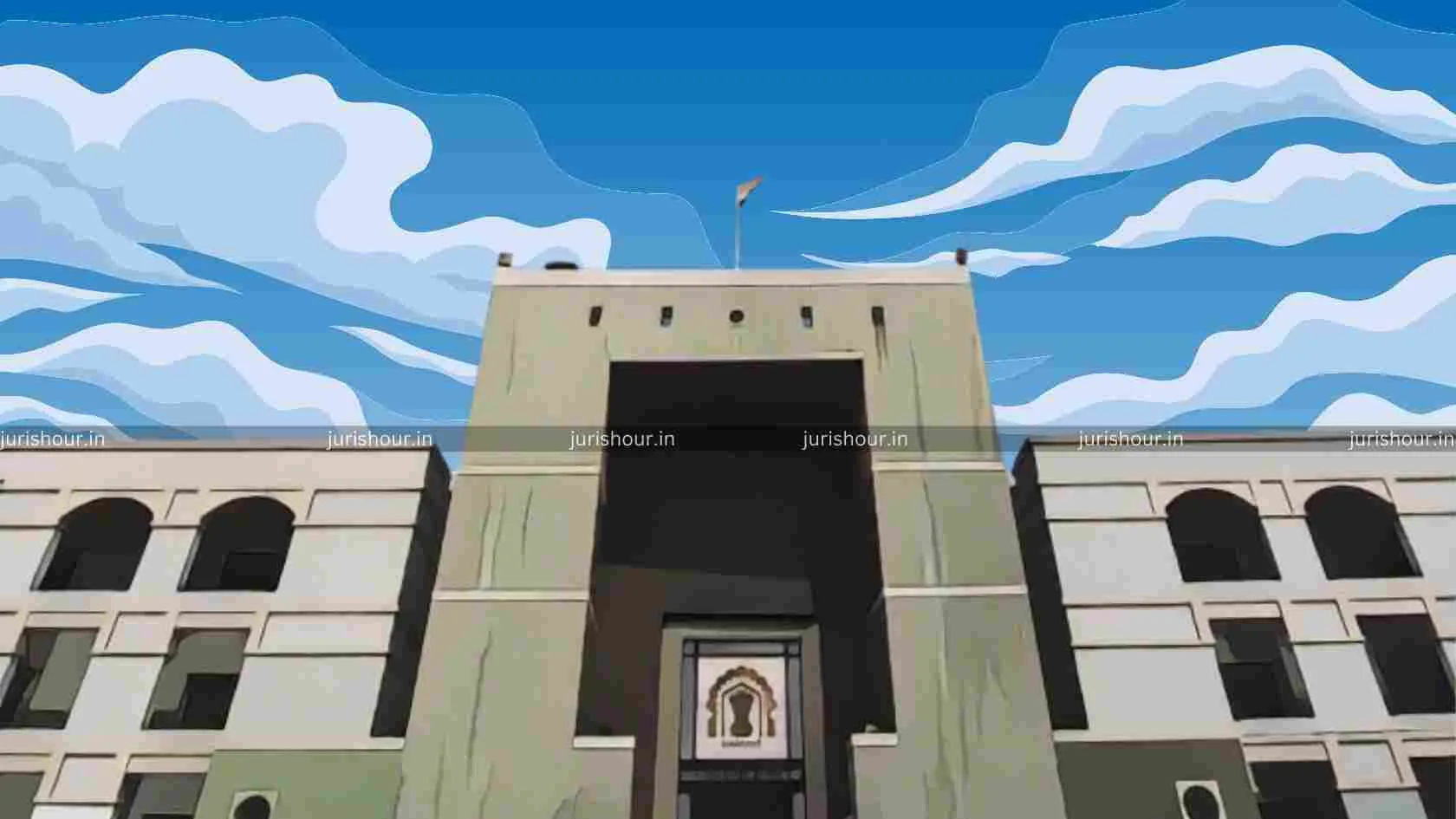The Gujarat High Court has refused to quash an advisory issued by the Assistant Commissioner of State Tax regarding the payment of interest on delayed self-assessed tax under the Goods and Services Tax (GST) Act.
The bench of Justice Bhargav D. Karia and Justice Pranav Trivedi has observed that the advisories are only intimation notices and do not constitute a recovery action, thereby not warranting judicial interference at this stage.
The matter arose when the petitioner challenged an advisory dated December 18, 2024, issued for several financial years, including 2017–18, 2018–19, 2021–22, 2022–23, and 2023–24. The advisory requested payment of interest under Section 50(1) of the GST Act for delayed payment of self-assessed tax. It also warned that in case of non-payment or insufficient clarification, recovery proceedings could be initiated under Section 79 of the Act. The petitioner argued that the advisory was arbitrary and lacked legal authority, claiming it violated principles of natural justice as no hearing was granted before its issuance. The petitioner further submitted that there is no specific provision in the GST Act or Rules that authorises the issuance of such an advisory and cited a decision of the Jharkhand High Court in Mahadeo Construction Co. v. Union of India to support the contention that interest cannot be recovered without adjudication.
In response, the State Government argued that the advisory merely served to inform the taxpayer of the outstanding interest liability and did not initiate any recovery proceedings. It was submitted that as per Section 75(12) of the GST Act, interest on unpaid self-assessed tax becomes recoverable even without initiating proceedings under Sections 73 or 74.
Further, the State Government has pointed out that Rule 142B of the GST Rules, inserted with effect from August 4, 2023, mandates that before any recovery under Section 79 is initiated, a formal intimation must be issued in Form GST DRC-01D. The government clarified that the impugned advisory did not amount to recovery but was simply a cautionary measure to inform the taxpayer of pending liabilities.
After examining the relevant provisions, including Sections 39, 50, 75 and 79 of the GST Act and Rules 88B, 88C, and 142B of the GST Rules, the Court observed that interest liability under Section 50(1) is automatic and arises when tax is paid beyond the due date. The manner of computing this interest is prescribed under Rule 88B, and Rule 142B lays down the procedural safeguard of issuing a formal intimation in Form GST DRC-01D before recovery proceedings under Section 79 can be triggered. The Court noted that no such notice had yet been issued to the petitioner, and therefore, the advisory merely served to put the petitioner on notice regarding the department’s view on the outstanding liability.
The Court held that the reference to Section 79 in the advisory does not translate into immediate recovery action, and the petitioner retains the right to respond and contest the liability once a proper notice is issued. The Court also clarified that the judgment in Mahadeo Construction Co. would not apply in the present context, as it was delivered prior to the amendment introducing Rule 142B and Form DRC-01D into the GST framework.
The Court found that there was no violation of natural justice and no cause for interference at this stage, as the advisory had not led to any coercive action. The petition was accordingly dismissed, with the Court observing that the taxpayer would have full opportunity to respond when and if formal recovery proceedings are initiated following due procedure.
Case Details
Case Title: Reliance Formulation Private Limited Versus Assistant Commissioner Of State Tax, Ghatak 21, Division 2
Case No.: R/Special Civil Application No. 5453 Of 2025
Date: 27/06/2025
Counsel For Petitioner: Ashutosh S Dave
Counsel For Respondent: Shrunjal Shah

